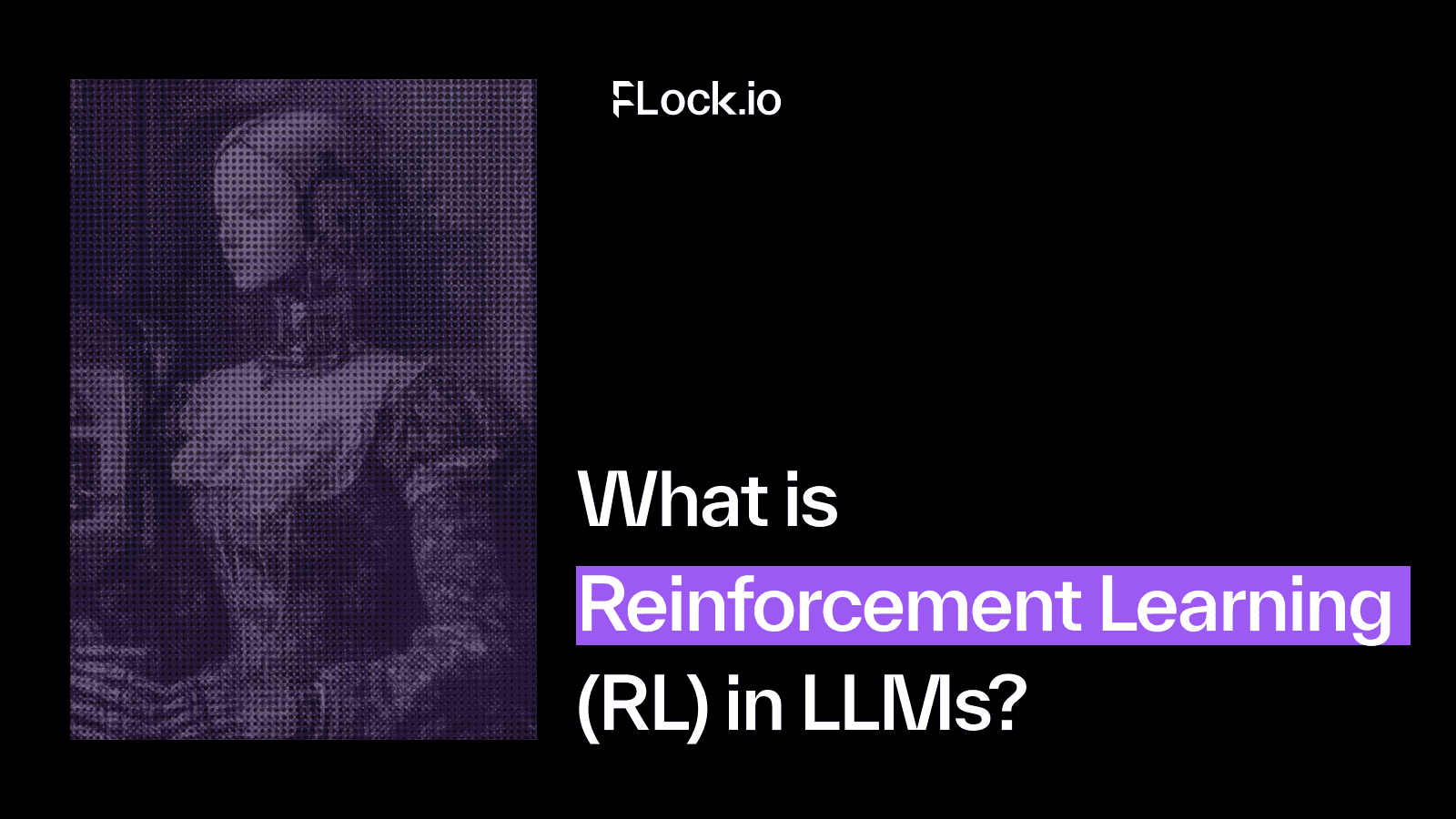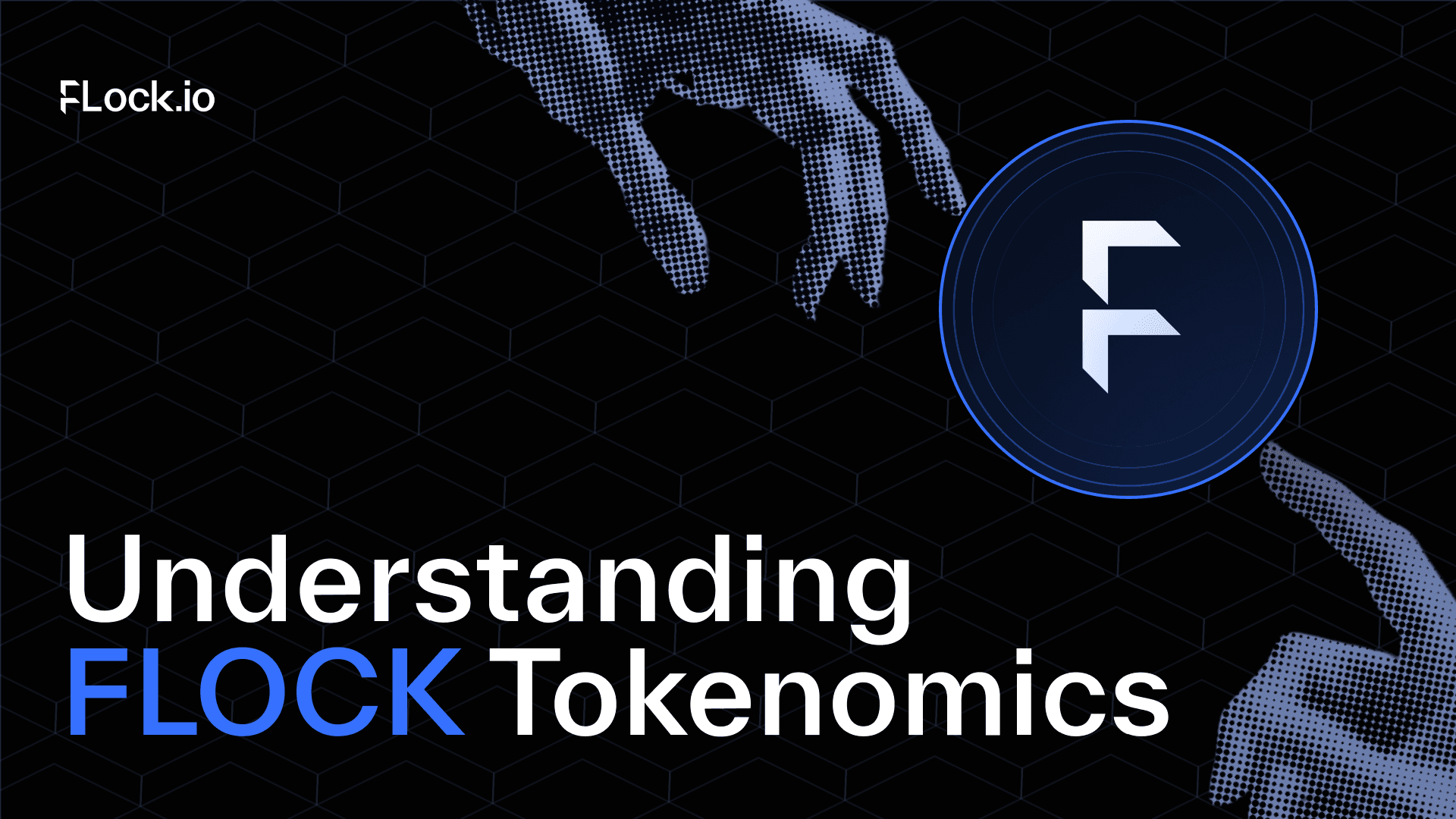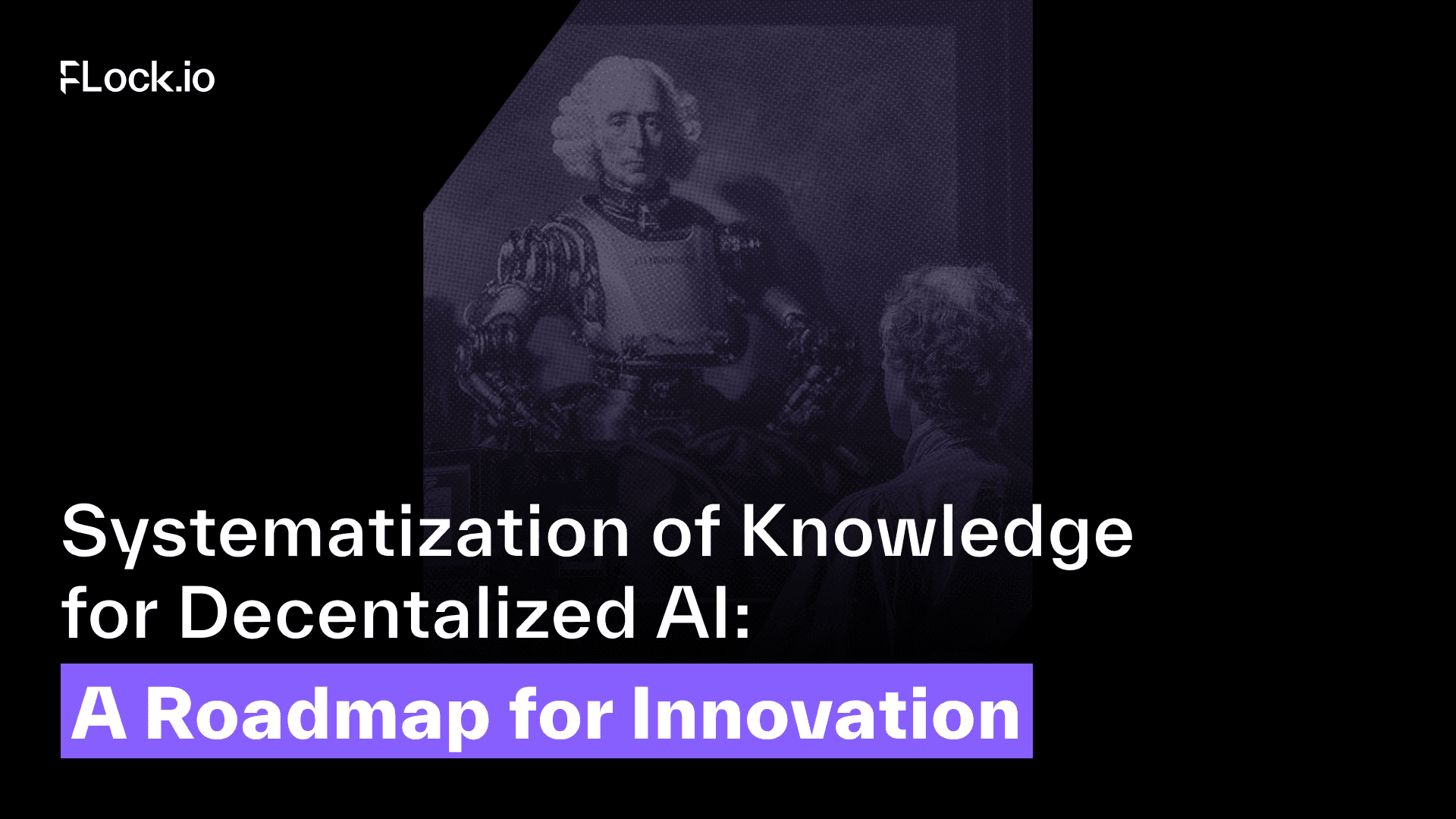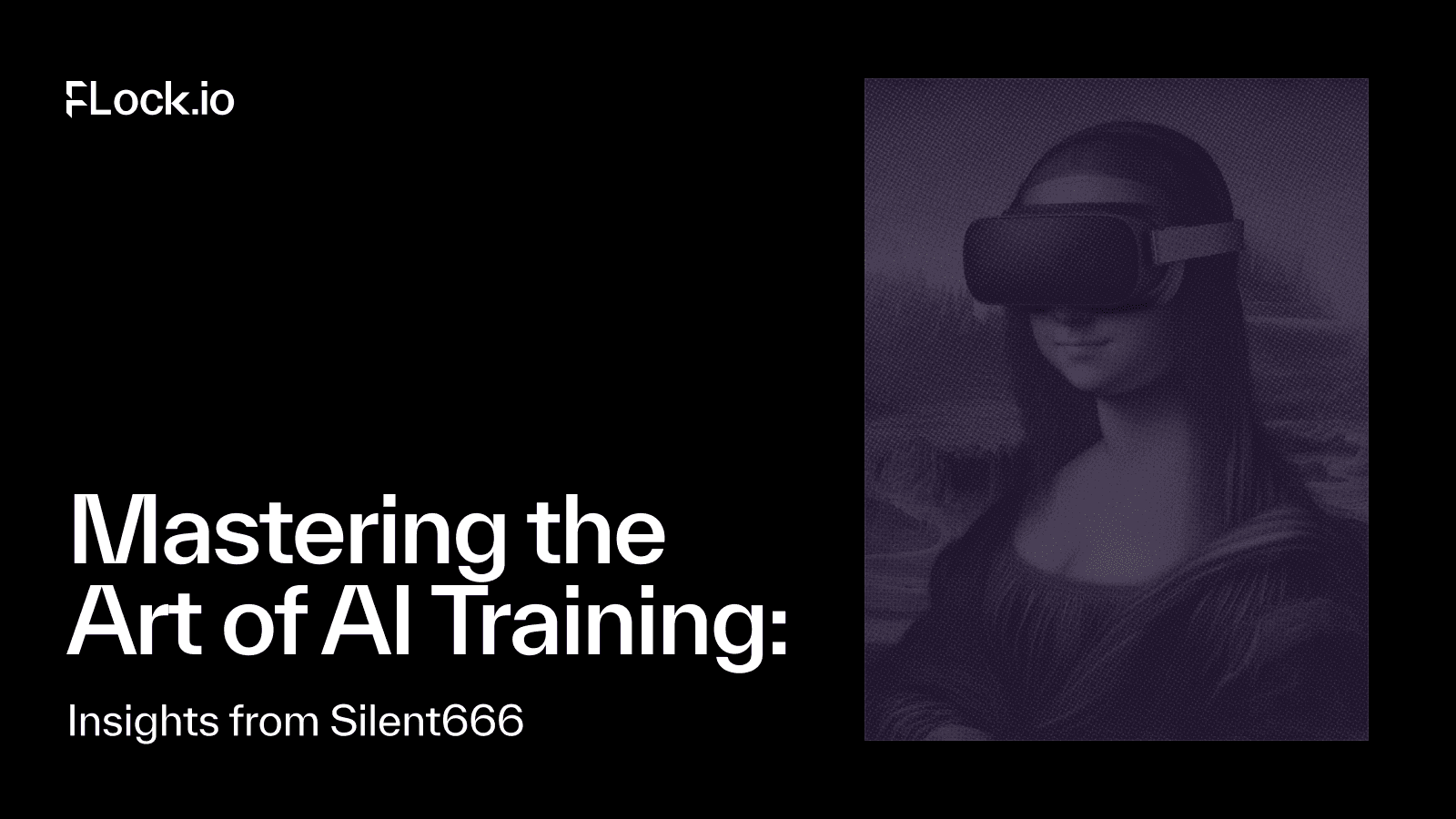With 2023 being dubbed the year of generative AI, we stopped speculating on its distant potential and witnessed it reshape daily life. Now, it’s DeAI’s turn: we’re verging on its breakout year.
The buzz about decentralised AI (DeAI) flipped from a quiet hum on the fringes of the Web3 community to a loud movement in 2024. The secretive, black box nature of centralised AI faced heavy scrutiny, highlighting the urgency to make AI safe, open and equitable. DeAI and crypto-AI startups are proving hot with VCs, who are placing big bets—let’s look at why.
Centralised AI came under fire
Centralised AI faced opprobrium in 2024, as people and governments woke up to its risks. The public lost faith in companies like OpenAI taking safety, integrity and ethics seriously in the race to develop autonomous AI systems.
In May, OpenAI’s superalignment team—which formed in 2023 to focus on the existential dangers of AI—disbanded. Things took a dark turn in November when a whistleblower was found dead in his San Francisco apartment, after alleging in a NYT interview that OpenAI had violated copyright law when developing ChatGPT and was damaging the internet. ‘If you believe what I believe, you have to just leave the company,’ he said.
That wasn’t the only copyright accusation. In August, authors sued Anthropic for training its AI model Claude on pirated books, echoing the ongoing Getty Images vs. Stability AI lawsuit.
In February, the problems with biased data attracted attention when Google’s ‘woke’ and biased Gemini was ridiculed for generating images of female popes, 1940s German soldiers in a variety of ethnicities, and Greek warriors as Asian women.
In March, Stability AI CEO Emad Mostaque stepped down from the unicorn startup to ‘pursue decentralised AI.’ In a series of X posts, he asserted that ‘we should have more transparent & distributed governance,’ it’s a ‘hard problem, but I think we can fix it’ and that ‘the concentration of power in AI is bad for us all.’
Despite fears that AI would disrupt the November US election, 2024 was not the year of AI swaying voters. Political disinformation eroded people’s faith in truth rather than changed their minds. Trump posted AI images of Taylor Swift endorsing him, 1 in 6 congresswomen were victims of sexually explicit deepfakes, and a Russian operation smeared Kamala Harris.
The DeAI developer ecosystem is bigger than ever
With centralised AI rearing its head, DeAI as a solution is garnering attention. Developers are spoiled for choice when jumping into the DeAI ecosystem, with more tools, resources and opportunities than ever.
To see how rich and diverse the landscape has grown, take a look at this Systematisation of Knowledge (SoK) FLock.io has assembled for a clear overview. This incorporates a table classifying over 40 DeAI projects under DeAI frameworks like task creation and model marketplace, and blockchain functionalities like permission control and AI assets tokenisation. This paper will shed light on which research areas need your attention.
Training platforms like FLock.io, fetch.ai and Bittensor are paving the way for decentralised model development. This year, FLock rolled out the AI Arena beta. Marketplaces like SingularityNET, Ocean Protocol and Chainbase are enabling purchases of models and datasets. DePINs like IO.NET and Akash are revolutionising decentralised infrastructure by providing GPUs for hosting and running AI models.
Funding for dAI startups tripled to $436M in 2024, surpassing the total of the last three years combined. PIP Labs, the creators of Story Protocol, raised an impressive $80 million Series B round, rocketing their valuation to $2 billion. At FLock.io, we raised $6 million in seed funding in March.
Reflecting the collaborative nature of DeAI, partnerships between ventures have sprung up by the dozen. For example, in March SingularityNET, Fetch.ai, and Ocean Protocol formed The Artificial Superintelligence Alliance with a unified token. The Decentralised AI Society (DAIS) was founded in September to combat monopolistic AI practices and promote fair governance.
A swerve towards safer, equitable innovation
This year saw promising efforts to curtail the dangers and harness AI as a force for good, through collective efforts.
Last December, Meta and IBM launched ‘AI Alliance’ to promote safe, open AI, putting them at odds with rivals Google, Microsoft and OpenAI. It emerged partly in response to OpenAI stopping sharing data with the open source community after Microsoft invested in 2019. AI Alliance has 50 founding members, including Hugging Face, Imperial College London and other startups and universities.
In July, Mark Zuckerberg endorsed open source AI as the ‘path forward’ to ensure that ‘power isn’t concentrated in the hands of a small number of companies, and that the technology can be deployed more evenly and safely across society.’
In August, the world’s first comprehensive AI law, the long-awaited EU AI Act, entered into force. It was a long process, with the European Commission first proposing it in 2021, pushing for accountability. The US had less success regulating AI, however: the California ‘killswitch’ bill, proposed in August to introduce guardrails, was vetoed after an aggressive campaign led by Silicon Valley tech firms.
Cheers to a fantastic year for DeAI!
2024 was a pivotal year for DeAI, bringing it closer to mainstream recognition. With growing investments and real-world applications, DeAI is set to redefine the AI landscape.
The next steps in 2025 will be to direct resources and attention to combatting existing hurdles. ‘We’re at a pivotal moment where AI is ready to explode, but blockchain tech is holding it back,’ the Wire Network CEO, told Cointelegraph. Latency, data privacy, scalability and trust in decentralised nodes are next on the ecosystem’s list of challenges to tackle, and we can’t wait to see where 2025 takes us.






